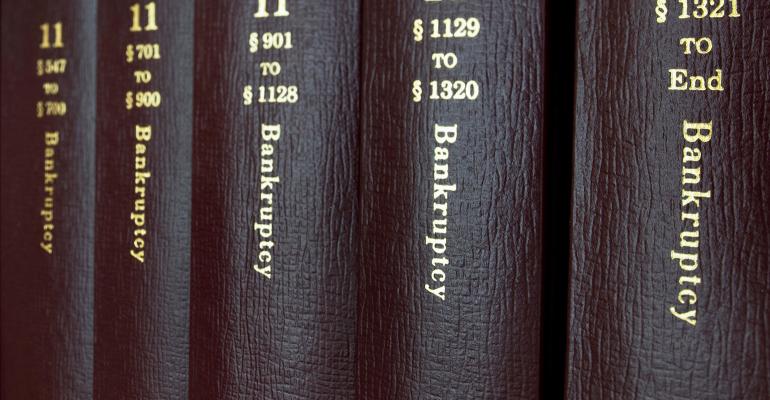The creditor protections afforded retirement accounts look to have taken another hit.
In Lerbakken v. Sieloff and Associates, P.A., the U.S. Bankruptcy Appellate Panel for the Eighth Circuit recently upheld the U.S. Bankruptcy Court for the District of Minnesota – Duluth’s ruling that 401(k) and individual retirement accounts transferred to a debtor pursuant to a property settlement agreement aren’t exempt from bankruptcy claims because the accounts aren’t the debtor’s retirement accounts. In 2014, the debtor was awarded one-half of his ex-spouse’s Wells Fargo 401(k) and IRA accounts. In 2018, the debtor filed a voluntary Chapter 7 bankruptcy and claimed that the accounts were exempt retirement funds not subject to the bankruptcy.
For an account to be exempt: (1) the amount in the account must be retirement funds; and (2) the account the funds are held in must be one that’s exempt from taxation under certain sections of the Internal Revenue Code.
The debtor asserted that the accounts met the two-prong test because the proceeds aren’t taxable to his ex-spouse, and as transferee his status is the same as the transferor. The debtor also argued that the accounts represented marital property that his ex-spouse saved for their retirement and that he intended to use the accounts to support his retirement. The Appellate Panel found the debtor’s main argument unpersuasive because the exemption is limited to individuals who create and fund the retirement accounts. Retirement accounts received by any other means don’t meet the statutory definition for exemption. The Appellate Panel also rejected the debtor’s alternative argument because courts aren’t required to address subjective considerations when determining the applicability of the exemption.
Ultimately, the Appellate Panel held that the interests in the accounts resulted from the property settlement and therefore aren’t retirement accounts that qualify as exempt under the federal law.





